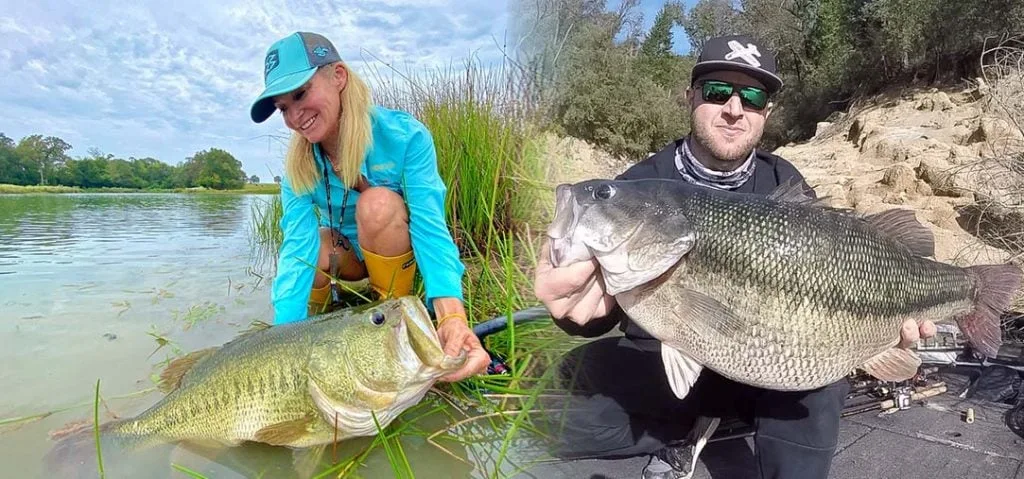The International Game Fish Organization (IGFA), which keeps fishing world records, has made significant changes to its record-keeping categories for bass. The organization recently announced that it added 7 new species of black bass, a genus that includes largemouth and smallmouth bass, to its system.
The organization says its changes are the result of a recent study
published in the American Fisheries Society journal, which reviewed the genetics of black bass species. In the study, researchers lamented the “lags and inaccuracies in the taxonomic information [about black bass] available to anglers” and used genetic testing to distinguish between similar but distinct species.
“The study confirmed that many records previously attributed to spotted bass were, in fact, Alabama bass,” explained an IGFA spokesperson. “Additionally, the study revealed the distinct identities of the Florida bass (Micropterus salmoides) and the largemouth bass (Micropterus nigricans).
To remedy the situation and spur further research and conservation efforts, the study’s authors, including IGFA staff and biologist Dr. Andrew Taylor of the University of North Georgia, recommended expanding the eligible categories for all-tackle world records. The IGFA quickly acted on those recommendations, now recognizing four species of redye bass, Neosho bass, Florida bass, and Alabama bass as distinct species.
The decision to distinguish between “Florida bass” and “largemouth bass” is particularly notable, given that the fish are almost identical and nearly impossible to differentiate without genetic testing. Because of this, the only world record for Florida bass will be the all-tackle world record, which will require genetic verification. Line class, tippet class, and length records for Florida-strain fish will still be eligible for records in the largemouth bass category.
**Read Next: The Best Bass Lures of 2024
**
The changes will ultimately result in 35 new opportunities for anglers to register world records. “These updates are a testament to the IGFA’s ongoing dedication to science and conservation,” said IGFA President Jason Schratwieser. “By ensuring IGFA World Records reflect the most accurate scientific data available, we not only honor the integrity of our sport but also promote the conservation of these diverse species and the habitats they call home.”






